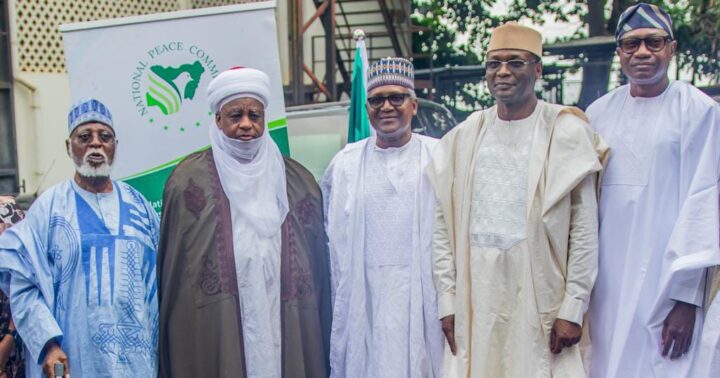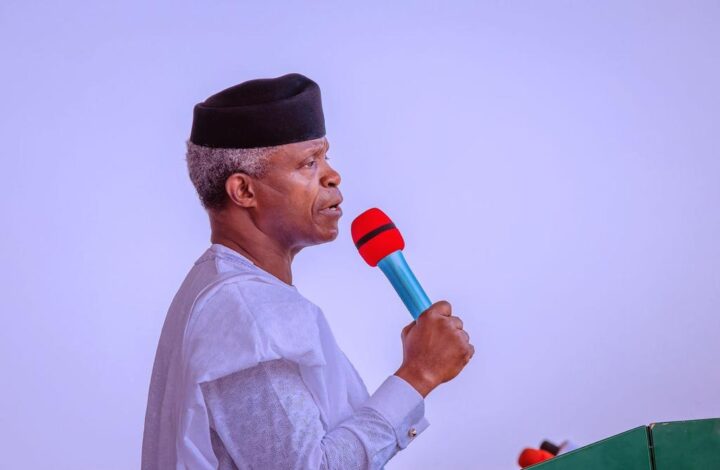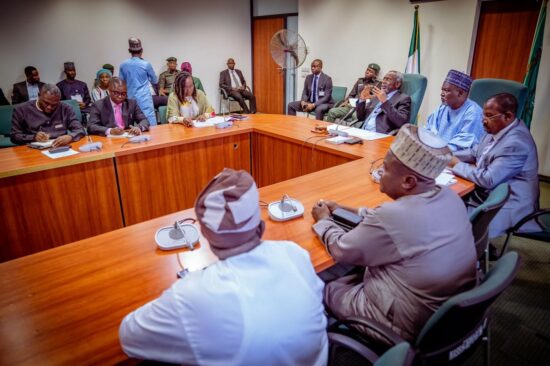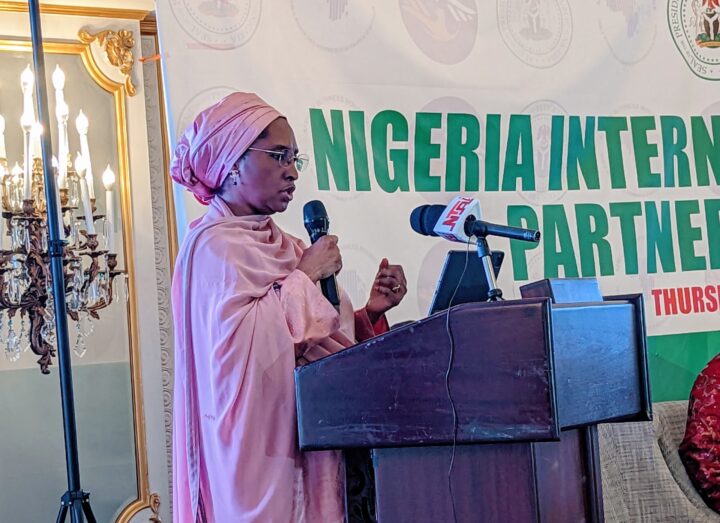Bolaji Owasanoye, chairman of the Independent Corrupt Practices and related offences Commission (ICPC), says what Nigeria needs an abundance of is integrity, not anti-corruption laws.
Owasonoye said this on Thursday during a workshop organised by the house of representatives committee on anti-corruption, in collaboration with the Konrad Adenauer Stiftung (KAS), in Abuja.
According to him, the Central Bank of Nigeria (CBN), the Bureau of Public Procurement (BPP), and the Federal Competition and Consumer Protection Commission (FCCPC) are all anti-corruption gatekeepers.
“We’re not in short supply of anti-corruption legislations. There are many laws that many do not recognise as anti-corruption frameworks — that are not ICPC, EFCC, police, NAPTIP or NDLEA,” he said.
Advertisement
“The Bureau of Public Procurement is an anti-corruption gatekeeper; the CBN is an anti-corruption gatekeeper; the Infrastructure Concession and Regulatory Commission is an anti-corruption gatekeeper — many of them. If you aggregate them, you would get like about 50.
“Most regulatory bodies also play anti-corruption role. Virtually, all professions are regulated, and every unethical practice that is carried out by these professionals is already prohibited by their rules. So, we are not in short supply of anti-corruption institutions, but what we are in short supply of is integrity. We have a generous supply of hypocrisy, and we also deceive ourselves.
“It is very important that we understand that unless we confront these issues, we are going to continue to struggle, dealing with corruption.”
Advertisement
He also said corruption erodes the capacity of a nation to provide for the welfare of the people, and “it reflects in different ways”.
“Corruption is an existential issue for us as a country, and so, we need to have a conversation around it,” he said.
“There is a problem I have with the ethical understanding that we share as a community, and I say this because it appears that some of the things that are killing us, some people do not recognise them as such, especially people who really do not want to know.”
In his remarks, Shehu Garba, chairman of the house committee, said corruption denies a nation a promising future and development.
Advertisement
He also commended the President Muhammadu Buhari-led administration for making the fight against corruption one of its core tasks.
Garba also said the fight against corruption is multi-dimensional, adding that there would be no success without collaboration.
On her part, Marija Peran, resident representative of Konrad-Adenauer-Stiftung, a German political foundation, decried the challenges and corruption in the security sector.
She said corruption in the security sector has a detrimental impact, both on security apparatus and on peace and security.
Advertisement
Peran said the German foundation’s core mandate is to strengthen democratic governance and the rule of law, adding that the fight against corruption is also an integral part of its mandate.
Advertisement





